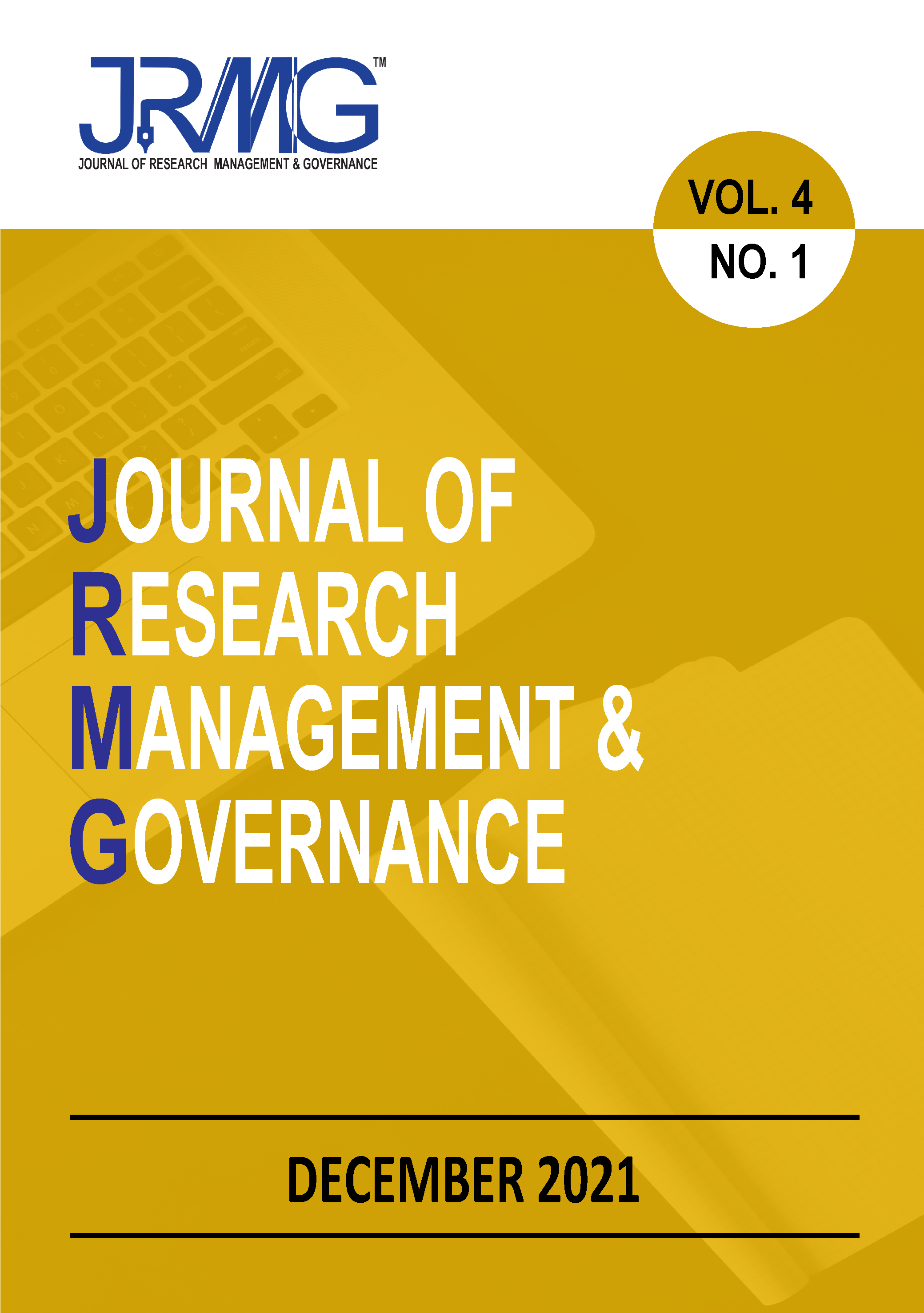Fostering Interdisciplinary Research Culture, Challenges and Way Forward: The Universiti Malaya Experience
Main Article Content
Abstract
Interdisciplinary research (IDR) exploring beyond the purview of a single discipline is critical for providing the requisite solutions to real-world issues. Furthermore, the process of translating research that could have a positive impact on and benefit the government, industry and society, typically requires a multipronged approach with inputs and solutions integrated from various disciplines. Therefore, IDR is vital in pushing the different disciplines forward and accelerating scientific discovery in innovative ways. Nonetheless, the move towards encouraging researchers to break away from working in silos to working together has been an extremely challenging task. Doubtlessly, interdisciplinary programmes demand much more involvement and exhaustive effort from researchers per se as they require not only academic scholarship but also soft skills to communicate, network and engage with other researchers from diversified disciplines, various stakeholders and beneficiaries. In addition to that, good leadership and all-rounded teamwork support are required in navigating and ensuring the success of the research programme to deliver its intended outcome and impact. In light of this, this opinion paper discusses some of the challenges confronted in fostering IDR at the Universiti Malaya and suggestions on approaches that could be adopted to garner the interest and move it forward.
Downloads
Article Details

This work is licensed under a Creative Commons Attribution-NoDerivatives 4.0 International License.
Articles submitted to the journal should not have been published before in their current or substantially similar form, or be under consideration for publication elsewhere. Authors submitting articles for publication warrant that the work is not an infringement of any existing copyright and will indemnify the publisher against any breach of such warranty. For ease of dissemination and to ensure proper policing of use, papers and contributions become the legal copyright of the publisher unless otherwise agreed. By submitting a manuscript, the author(s) agree that copyright for the article is transferred to the publisher, if and when the manuscript is accepted for publication. However, it can be reprinted with a proper acknowledgement that it was published in JRMG.

This work is licensed under a Creative Commons Attribution-NonCommercial-NoDerivatives 4.0 International License.
